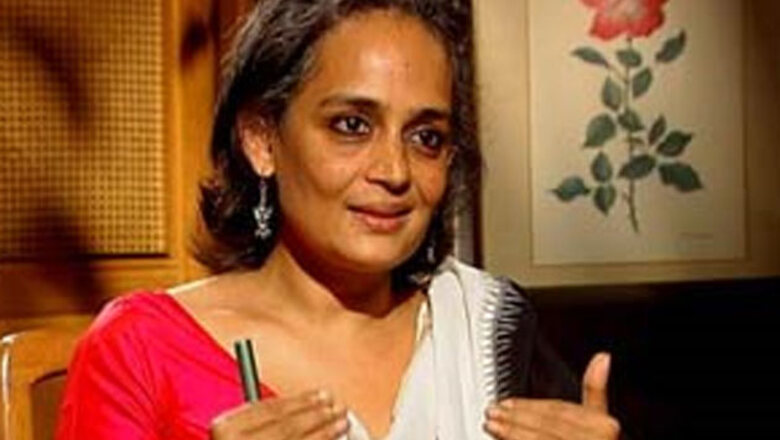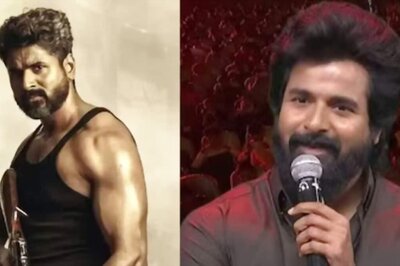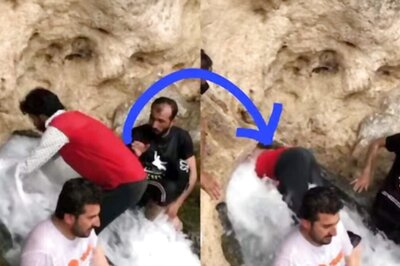
views
New Delhi: Writer-activist Arundhati Roy has once again stirred up the hornet’s nest with her comments on Jammu and Kashmir’s accession to the Union prompting the Centre to mull booking her for sedition.
Here are some of Roy’s most controversial comments:
1. "Kashmir has never been an integral part of India. It is a historical fact. Even the Indian Government has accepted this."
2. "I write this from Srinagar, Kashmir. This morning's papers say that I may be arrested on charges of sedition for what I have said at recent public meetings on Kashmir. I said what millions of people here say every day. I said what I, as well as other commentators have written and said for years."
3. "Anybody who cares to read the transcripts of my speeches will see that they were fundamentally a call for justice. I spoke about justice for the people of Kashmir who live under one of the most brutal military occupations in the world; for Kashmiri Pandits who live out the tragedy of having been driven out of their homeland; for Dalit soldiers killed in Kashmir whose graves I visited on garbage heaps in their villages in Cuddalore; for the Indian poor who pay the price of this occupation in material ways and who are now learning to live in the terror of what is becoming a police state."
4. "Pity the nation that has to silence its writers for speaking their minds. Pity the nation that needs to jail those who ask for justice, while communal killers, mass murderers, corporate scamsters, looters, rapists, and those who prey on the poorest of the poor, roam free."
5. "Our elite say we are a super power. Twenty five per cent of country's total wealth is with a hundred people and they say it is development. Tribal land is being acquired for industrialization and the voice of tribals is suppressed if they protest. Is it development?"
6. “I don't see both as equally guilty and I don't want to justify anything. I see a government breaking every sort of law in the Constitution that it has about tribal people and assault on the homelands of millions of people and some, there is a resistance force that is resisting that.”
7. “I see the government absolutely, as the major aggressor. As far as the Maoists are concerned, of course, their ideology is an ideology of overthrowing the Indian state with violence. However, I don't believe that if the Indian state was a just state, if ordinary people had some minor hope for justice, the Maoists would just be a marginal group of militants with no popular appeal.”
8. “I perceive them (Maoists) as a group of people who have at a most militant end in the bandwidth of resistance movements that exist in the cities, in the planes and in the forests.”
9. “I have been saying this for few months now that you have to understand that the government needs this war. It needs this war to clear the land, to hand over, to actualise these MoUs that have been signed. If you read the business papers, they are very clear about that… It needs the war but it needs to keep this smiling benign mask of democracy. So, it offers talks on the one hand and undermines it on the other.
10. “Gandhian way of opposition needs an audience, which is absent here. People have debated long before choosing this form of struggle."
11. "I am on this side of line. I do not care...pick me up put me in jail."
12. "What the government calls Maoists corridor, is in fact MoU-ist corridor. You have an MoU (memorandum of understanding) on every mountain, river -- MoUs signed by biggest corporations in the world who are waiting to gain hold of the resources."
13. "If I was a person who is being dispossessed, whose wife has been raped, who is being pushed of their land and who is being faced with this 'police force', I would say that I am justified in taking up arms. If that is the only way I have to defend myself."
14. "There should be unconditional talks with the Maoists.”




















Comments
0 comment